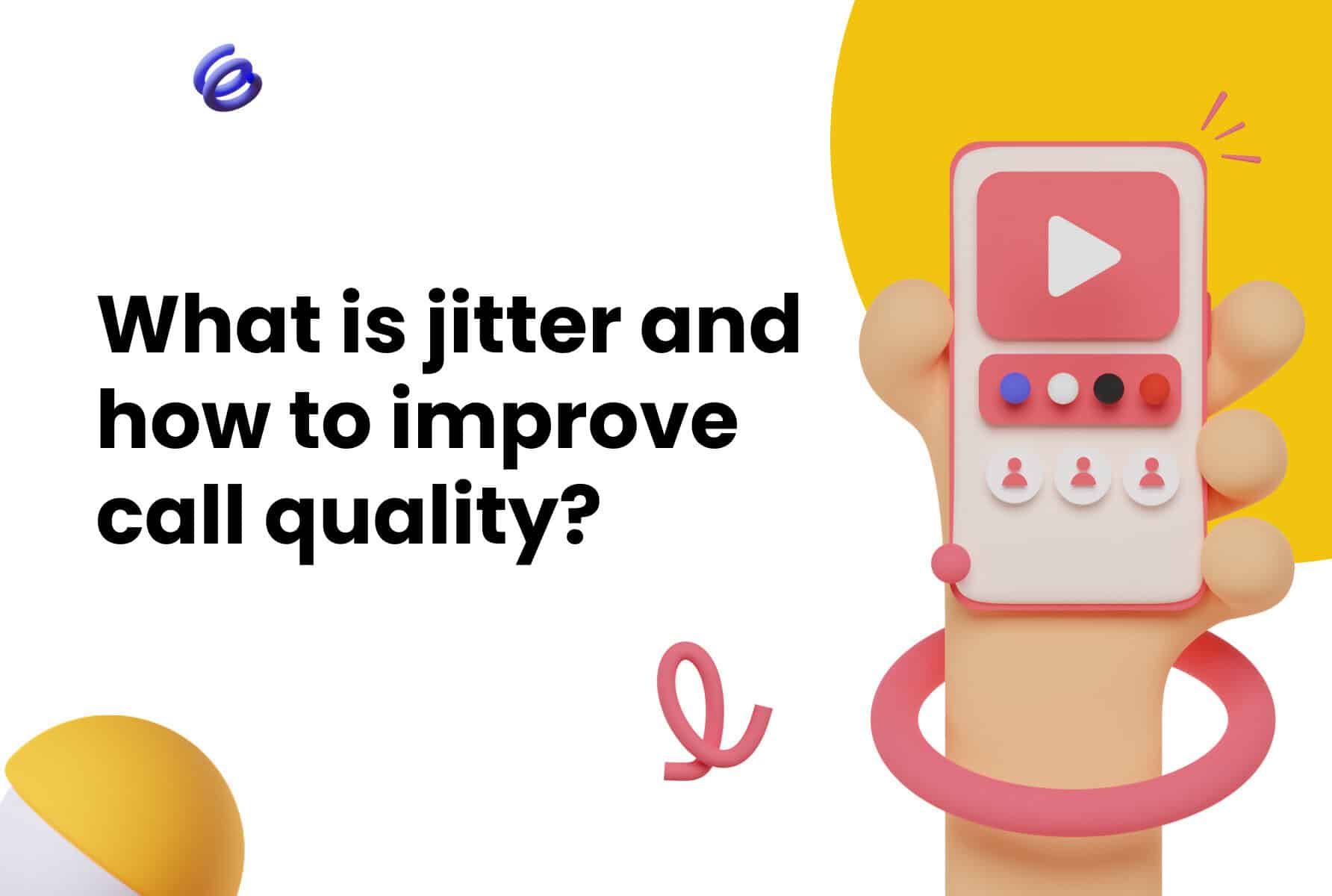What is an ally?
An ally is someone who is not a member of a marginalised group but wants to support and take action to help others in that group. Allyship in the workplace is crucial for inclusion and equality.
“When a person of privilege works in solidarity and partnership with a marginalized group of people to help take down the systems that challenge that group’s basic rights, equal access, and ability to thrive in our society.”
Nicole Asong Nfonoyim-Hara, the Director of the Diversity Programs at Mayo Clinic
You could be an ally to different racial and ethnic groups, religions, LGBTQ+ identities, disabled people or anyone who society has created barriers for. As long as you have the time, space, resources and the willingness to help.
What can allies do to help?
We can use our privilege to amplify any marginalised groups voices and advocate for their rights. We can educate ourselves and others on the issues facing the community and work to create more inclusive spaces in our workplaces and communities:
1. Learn – The first thing anyone who wants to improve their allyship needs to do is invest in learning. We need to get an understanding of the issues facing the group, the barriers they are confronting and some perspective on what it is like to be from that group.
2. Listen – The second thing is to ask and listen. Find out what the community needs from you as an ally. Do they need signatures to get a Bill of rights through Parliament? Do they need you to bring up their cause in a senior-level meeting? Do they need you to change a policy to include them? Do they need you to challenge behaviour?
3. Advocate – To be an ally actions and words must align, to act and advocate for others. You could do this by:
- Sharing opportunities with others
- Listening to feedback and not viewing it as a personal attack
- Reflecting on your own behaviours
- Calling out inappropriate behaviours such as microaggressions
- Advocating that your peers to join diversity and inclusion initiatives
- Using inclusive language
- Building trust by being consistent with your allyship
Being an ally for LGBTQIA+ People
1. Educate yourself
Take the time to learn about the experiences of LGBTQ+ groups and the challenges they face. You can do this by reading articles and books, watching documentaries, and attending events. Some different LGBTQ+ resources are available below:
- Access a range of information on Stonewall UK or Attitude Magazine websites, or follow them on Instagram or LinkedIn.
- Read about the ABC’s of LGBTQ+ Glossary here.
2. Use proper pronouns and gender neutral language
As an ally, you should always use the pronouns that someone identifies with, even if it may take some time to adjust. Don’t assume someone’s gender based on their appearance or voice.
Consider adding your pronouns to your email signature by writing, for example, ‘she/her’ next to your name. This signifies your commitment to inclusion, and helps to prevent clients, customers, or employees from being referred to incorrectly.
Use gender neutral language, that avoids bias towards a particular sex or gender.
3. Speak up
If you hear someone using derogatory language or making harmful comments about marginalised groups, speak up and let them know that it is not okay. Use your privilege and voice to advocate for everyone in the community.
4. Support inclusive policies and amplify voices
Advocate for policies that protect the rights of individuals. And fight those that are being passed that only aim to silence the community. Lift up and amplify the voices of individuals in the LGBTQIA+ community and in media. Share their stories and perspectives.
Some of Stonewall’s current campaigns you could support as an Ally are detailed below:
- Take Pride – Stand up for LGBTQ+ rights | Stonewall
- Ban Conversion Therapy | Stonewall
- Rainbow Laces (stonewall.org.uk)
5. Donate to organizations
Consider donating to organizations that support the LGBTQIA+ community such as:



